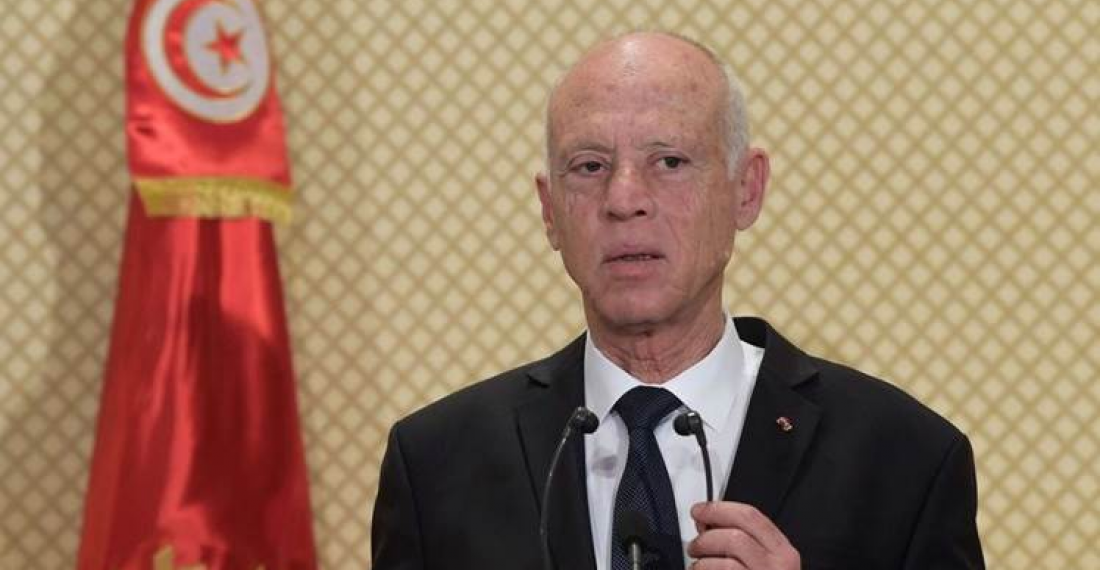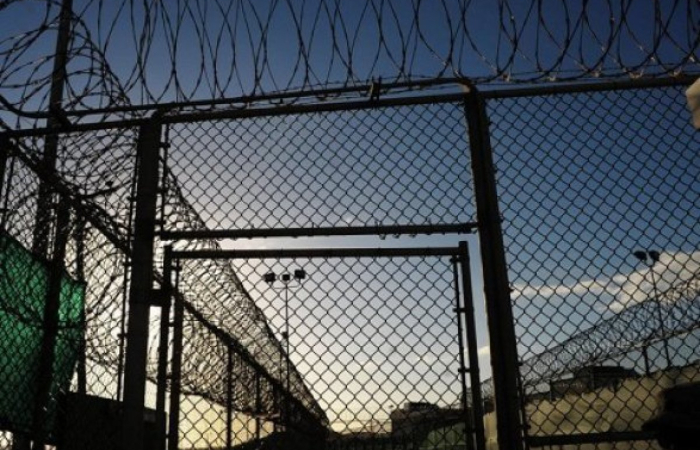On Sunday 6 February, Tunisian President Kaïs Saied took a further step in the dismantling of the institutional structure resulting from the 2014 Constitution, by announcing the dissolution of the Supreme Judicial Council. He stated that one of the institutions guaranteeing the country's judicial independence "has become a thing of the past."
Saied, who had dismissed the government and suspended parliament last July, attributed his new decision to the “corruption and bias” existing in the judicial council. This unconstitutional measure would be justified by the delay and obstacles in the handling of certain cases, according to Kaïs Saied, who is particularly concerned about the assassination of former Tunisian leftists Belaïd and Brahmi, who were killed in 2013 while campaigning against the government in charge at the time. Coincidentally or not, this decision comes on the eve of the anniversary of the death of Belaïd, on 6 February 2013. This judicial body has indeed been the subject of much criticism, notably in mid-2021, when the President of the Court of Cassation Rached and the former public prosecutor Akremi accused each other of corruption, terrorism and money laundering.
However, after years which saw the judiciary controlled by the dictatorial regime of Zine El-Abidine ben Ali (1987-2011), the creation of the Supreme Judicial Council was considered essential in the 2014 Constitution. This council, an independent authority established in 2016 to appoint judges, is composed of 45 judges, two-thirds of whom are elected by Parliament, and the remaining third is constituted by the newly elected judges.
The Supreme Judicial Council's response was swift, and on Sunday (6 February) it rejected the dissolution "in the absence of a legal and constitutional framework" allowing Kaïs Saïed to do so. In the same statement, it was announced that the members of the council would continue to serve.
President Kaïs Saïed's supporters praise his efforts to get rid of a corrupt and inefficient system, while his critics and political opponents accuse him of heading towards a form of authoritarianism that is detrimental to Tunisian democracy.
Sources: CommonSpace.eu with Le Monde, DW News and other media outlets
Picture: President Kaïs Saïed dissolves top justice watchdog; Twitter: @almayadeen_es






